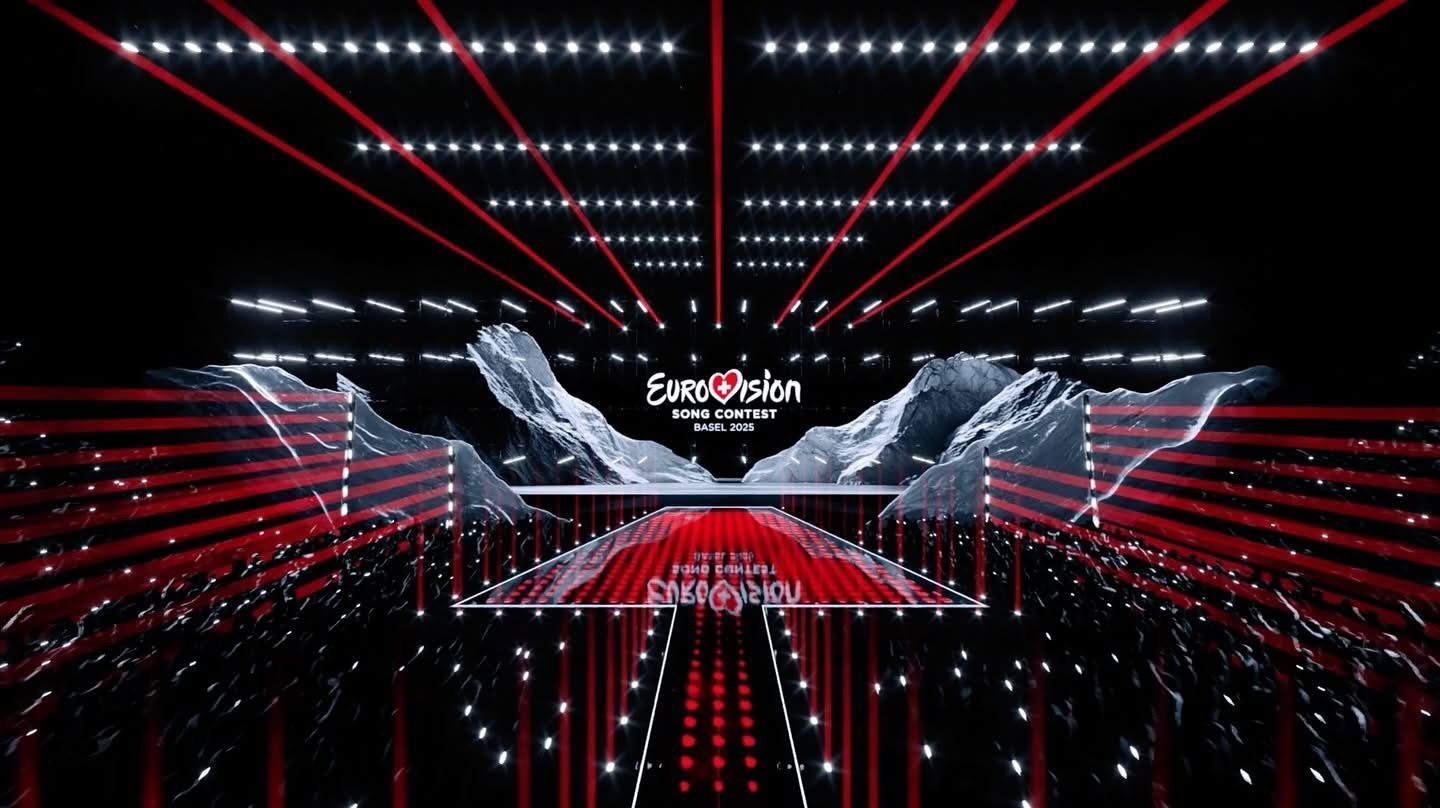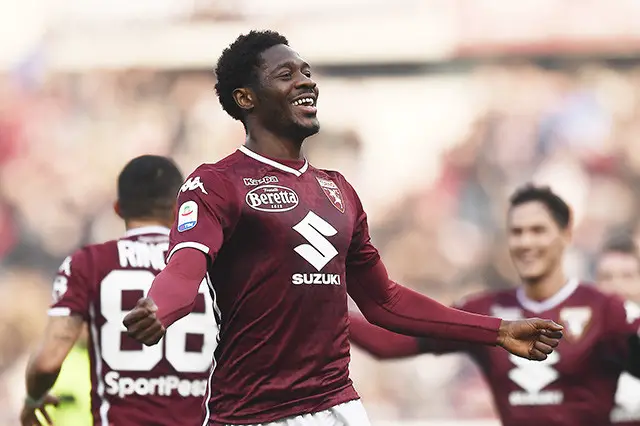Basel And Eurovision: Can Diversity And Inclusion Bridge The Divide?

Table of Contents
Basel's Cultural Landscape and its Potential to Host Eurovision
Basel, nestled on the Rhine where Switzerland, France, and Germany converge, boasts a rich tapestry of cultures. Its multicultural population and history of cultural exchange make it a compelling candidate to host the Eurovision Song Contest. This Swiss city possesses the infrastructure and experience to manage a large-scale international event.
-
Multicultural Heart: Basel's population reflects a vibrant mix of nationalities and ethnicities, fostering a naturally inclusive environment. Its museums, festivals, and community initiatives celebrate this diversity.
-
World-Class Infrastructure: Basel has a proven track record of hosting major international events, demonstrating its capacity to manage logistics, accommodation, and security for a Eurovision-scale production. Its modern transport links and ample venues provide a solid foundation.
-
Welcoming Atmosphere: Basel consistently ranks highly in global surveys for quality of life and safety, creating a welcoming environment for participants and visitors from diverse backgrounds.
-
Commitment to Inclusion: The city actively promotes diversity and inclusion through various initiatives, including multicultural festivals, language programs, and community engagement projects. These demonstrate a proactive approach to creating an equitable and welcoming atmosphere.
Eurovision's Track Record on Diversity and Inclusion
Eurovision's history presents a mixed bag regarding diversity and inclusion. While some years showcase remarkable representation, others fall short. Analyzing past contests reveals both progress and persistent challenges.
-
Representation Gaps: A critical examination of previous Eurovision contests reveals inconsistencies in the representation of different cultures, ethnicities, and sexual orientations. While LGBTQ+ artists have increasingly participated, representation across other demographics remains uneven.
-
Voting Patterns and Biases: Voting patterns often reveal potential biases, reflecting geopolitical relationships and cultural preferences. Understanding these patterns is crucial for addressing systemic inequalities within the contest's voting system.
-
EBU's Efforts: The European Broadcasting Union (EBU), responsible for organizing Eurovision, has made efforts to promote diversity and inclusion. However, these efforts require further strengthening and a more concrete commitment to measurable change.
-
Successes and Shortcomings: While certain Eurovision entries have celebrated diversity through their music and performances, other aspects, such as media coverage and jury voting, continue to highlight areas needing improvement.
The Role of Media Representation in Shaping Perceptions
Media coverage plays a significant role in shaping public perceptions of Eurovision and its commitment to diversity and inclusion. This influence extends beyond traditional media to encompass the power of social media in shaping narratives.
-
Media Bias: Media outlets can inadvertently perpetuate biases through their reporting, framing of narratives, and selection of what to highlight. This bias can significantly affect public opinion and perceptions of the contest's inclusivity.
-
Social Media Influence: Social media amplifies both positive and negative narratives surrounding Eurovision. The contest's online presence offers opportunities for promoting diversity, but it also opens it to scrutiny and potential negative commentary.
-
Positive and Negative Portrayals: Analyzing media portrayals reveals examples where positive narratives around diversity and inclusion are successfully amplified, counterbalanced by instances where negative stereotypes or biases appear.
Bridging the Divide: Strategies for a More Inclusive Eurovision in Basel
To create a truly inclusive Eurovision, both the EBU and a potential host city like Basel must implement proactive strategies. Basel's commitment to diversity makes it an ideal location to lead by example.
-
Concrete Strategies: Implementing quotas for diverse representation in artist selection, actively recruiting diverse participants, and actively promoting LGBTQ+ and minority artists are concrete steps.
-
Community Engagement: Collaborating with local organizations to ensure community engagement and representation in event planning can help create a more authentic and inclusive atmosphere.
-
Social Justice Platform: Using Eurovision as a platform to promote social justice initiatives related to diversity and inclusion would amplify its impact.
-
Sustainable Practices: Adopting sustainable practices minimizes the environmental impact and aligns with broader goals of social responsibility.
Conclusion
This article explored the multifaceted relationship between Basel, the Eurovision Song Contest, and the persistent pursuit of diversity and inclusion. While Eurovision has made strides, substantial challenges remain to achieve genuine representation and foster a truly inclusive environment. Basel's rich cultural heritage and potential as a host city offer a unique opportunity to address these challenges. The future of Eurovision depends on a firm commitment to diversity and inclusion. By actively promoting inclusivity, both Basel and the Eurovision Song Contest can become powerful symbols of cultural exchange and understanding. Let's work together to make Eurovision a truly representative celebration for all! Let's discuss how Basel can help shape a more diverse and inclusive Eurovision.

Featured Posts
-
 Liverpool Transfer News Teammate All But Confirms Summer Signing
May 14, 2025
Liverpool Transfer News Teammate All But Confirms Summer Signing
May 14, 2025 -
 Aina Awoniyi Spearhead Forests Dominant 9 0 Victory Over City
May 14, 2025
Aina Awoniyi Spearhead Forests Dominant 9 0 Victory Over City
May 14, 2025 -
 Liverpool Transfer News Latest On Dean Huijsen
May 14, 2025
Liverpool Transfer News Latest On Dean Huijsen
May 14, 2025 -
 Maya Jama Explains Past Relationship Breakups No Disrespect
May 14, 2025
Maya Jama Explains Past Relationship Breakups No Disrespect
May 14, 2025 -
 April 2025 Pokemon Go Raid Boss Guide Full Schedule And Strategies
May 14, 2025
April 2025 Pokemon Go Raid Boss Guide Full Schedule And Strategies
May 14, 2025
